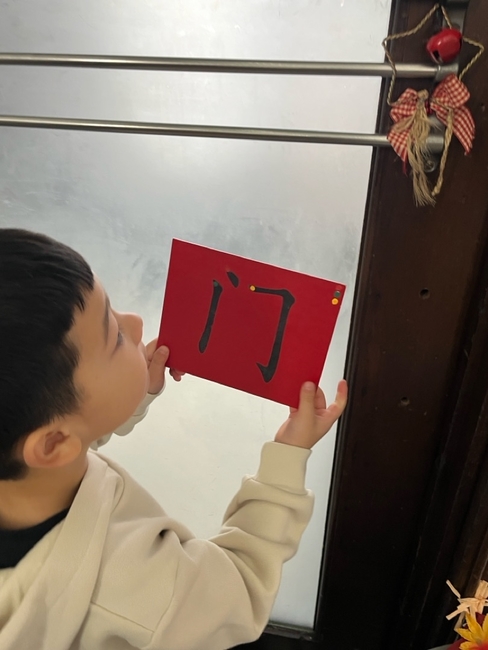Resilience Isn’t Just for Grownups: Teaching Kids to Cope, Recover, and Rise
The National Institutes of Health (NIH) defines resilience as “a stable trajectory of healthy functioning after a highly adverse event.” The American Psychological Association (APA) calls it “the ability to adapt well to adversity, trauma, tragedy, threats, or significant sources of stress.”
At PCA, we agree. Resilience is one of the best predictors of long-term success, and we implement strategies to help students develop this vital trait. Parents play a key role too—they can nurture resilience in their children through leadership, modeling, and allowing children to make and learn from their mistakes.
Every Child Builds Resilience Differently
PCA recognizes each child as an individual. While the path to resilience looks different for everyone, resilient children often share key traits that help them face challenges, recover from setbacks, and persevere with a positive outlook. Here’s how to help your child build resilience:
1. Respectful, Supportive Relationships
Children thrive when they feel safe and loved. Structure builds a sense of safety, and respect leads to love. At PCA, respect is woven into everything—from transitions and routines to discipline. A respectful environment builds emotional regulation and resilience.
2. Positive Role Models
Children mirror the adults around them. When parents and teachers handle adversity with calm and clarity, children learn to do the same. Try replacing panic with problem-solving language:
- “This is a challenge, but let’s figure out a solution.”
- “I need a minute to calm down. I’ll be ready soon.”
Children will begin to build their own emotional toolkit by watching and learning.
3. A Motivation Mindset
At PCA, Montessori activities are designed with “control of error,” encouraging children to practice and self-correct. This builds confidence and perseverance.
Pouring Colored Water: A Lesson in Resilience
A child learns to pour water from one pitcher to another. Spills happen. But instead of scolding, the child uses a sponge to clean up. Over time, the child pours with precision. The process teaches patience and persistence—core components of resilience.
4. Independence Through Choice
Letting children make age-appropriate decisions builds confidence and decision-making skills. At PCA, children choose their work and when to have snacks—within a structured environment. You can try this at home:
- “Do you want the blue or green sweater?”
- “Can you help set the table?”
Small decisions build big confidence.
5. Feelings Matter
Children need to recognize and express their feelings. Parents can help by using emotion-labeling and empathy:
- “I can see you’re upset. How can I help?”
- “You seemed sad when we left the playground. Was that it?”
At PCA, emotional literacy is a core part of our curriculum. We teach children to understand their feelings and those of others.
6. Movement Builds Resilience
Physical activity boosts mood and teaches kids to take risks and recover. At PCA, gross motor play supports cognitive and emotional development. Try:
- Family walks or bike rides
- Indoor obstacle courses
- Free play in a safe space
For more on this, check out our blog: Gross Motor Skills: The Foundation for Language.
7. Balance Over Extremes
Too much control? Kids don’t learn to cope. Too little? They feel unsupported. The key is balance:
- Let kids try before you step in
- Celebrate effort, not just success
- Be their guide, not their fixer
8. A Sense of Purpose
Children thrive when they know they matter. At PCA, we give children classroom responsibilities, pair older and younger students, and encourage kindness. At home, try:
- Folding laundry together
- Letting them help prep dinner
- Noticing their efforts: “You really helped our family today.”
Leading by Example
Children build resilience by watching us. In tough moments:
- Stay calm
- Admit mistakes
- Model problem-solving
When children see us handle challenges with grace, they gain the confidence to do the same. Resilience isn’t just a skill, it’s a lifelong gift. And it starts with us.

